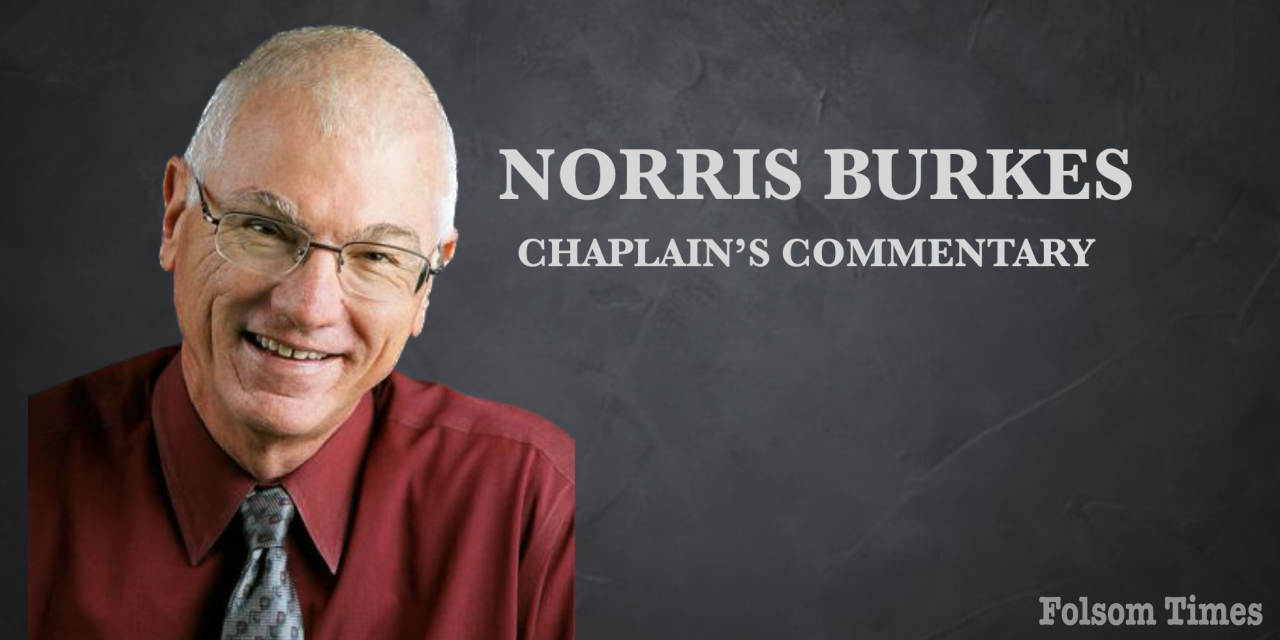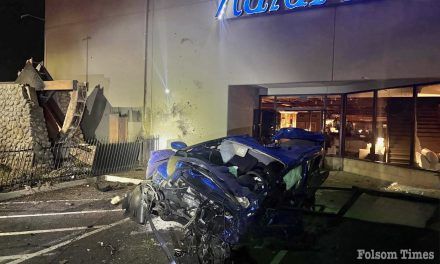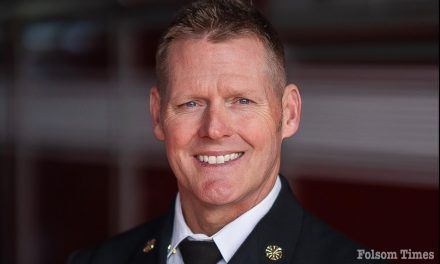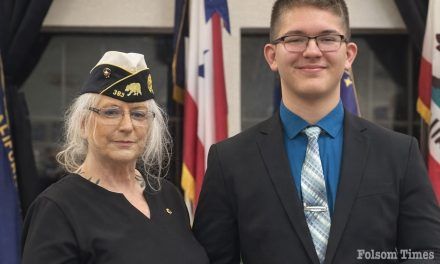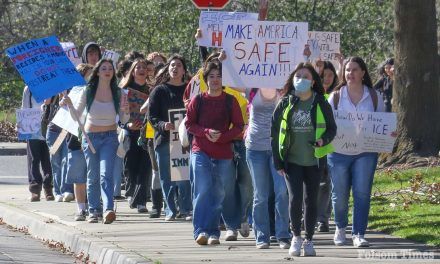Last week, just as the airplane door shut on my United Airlines flight home from Honduras, a woman stood and began speaking to us in Spanish.
I didn’t understand her words, but my keen “Chappy sense” made quick interpretation of her intent. Of course, the translation offered by my seatmate helped a lot too.
“She wants to say a prayer,” said the man who’d introduced himself earlier as a missionary.
I know you might expect your chaplain to bow his head and close his eyes. But I wasn’t feeling it.
There was little about this that felt right. So I glued my eyes wide open, determined not to pray.
Why did I take such umbrage?
I began arguing back and forth with myself for an answer.
To begin with, the exit door was shut. You might say the door was even slammed on her prayer. Safety procedures demanded we remain seated.
I considered asking the flight attendant if we should reopen the door and allow the woman to exit feet first down the safety slide.
Easy there, Chappy.
Doesn’t the Bible admonish us to “… pray without ceasing….” (1 Thessalonians 5:16-17).
OK, but doesn’t the Bible also suggest we restrict our prayer to a closet?
Paraphrased beautifully in “The Message,” Jesus said in Matthew 6:6, “Find a quiet, secluded place so you won’t be tempted to role-play before God. Just be there as simply and honestly as you can manage.”
I wanted to point out, “Yours is no closet prayer, lady. Stay out of the aisle or take it to the lavatory.”
Bad chaplain. Bad chaplain.
Thinking better of myself, I remained quiet. Perhaps I should accept that folks be allowed to pray when and where they want. Isn’t this a first amendment issue?
Yes and no. The amendment promises freedom of religion but also implies freedom FROM religion.
Still, wasn’t her prayer just an effort to comfort folks?
Perhaps, but to me this felt like yelling fire in a crowded theater as it made me painfully aware of my mortality. I was in ahard-landing crashon my return from Iraq in 2009, and her prayer wasn’t helping me.
My kindest interpretation of her public prayer was that it was cultural, her tradition. I’d heard a similar fervor when the PTA president fired up theChispa library inaugurationwith an evangelical prayer. No one batted an eyelash at her impassioned prayer.
Still, I felt put upon. I mean, how would she have felt if aman laid out a prayer rugand knelt tosay a prayer to Allah. Tradition or not, that might get you tackled on some planes.
If I felt put upon by this no-choice prayer, I wondered if this was how non-religious people felt when overexposed to religion.
Do they hear disrespect? Do they feel put down or put upon? Do they detect a hint of superiority? Is public prayer religious entrapment?
Asking myself these questions on a regular basis reminds me to be more considerate when expressing religious sentiment toward other people. If I don’t know them, I must consider the impact of telling them, “I’m praying for you,” or “God Bless you.”
These questions remind me of the highest of all biblical admonishments, the “Golden Rule” of Luke 6:31: Do unto others as you would like them to do to you.
With all my wondering whether this was the right time and place for a prayer, my surrounding seat mates seemed unfazed, happy to close their eyes and end the prayer with a hardy amen.
So much for my Chappy sense.
Write to tell me how you might have felt in this situation atComment@thechaplain.net.
Chaplain Norris Burkesbegan his chaplain career with both the active-duty Air Force and the Air National Guard until his retirement in 2014. He later served as a board-certified healthcare chaplain at Sutter Memorial, Kaiser, Methodist and Mather VA hospitals and continues to work with area Hospice. His column is syndicated to more than 35 accredited news outlets in multiple states, with www.folsomtimes.com being one of his newest additions.Read past columns at www.thechaplain.net..
*Views expressed in published guest commentaries are those of the author or submitting organization and do not necessarily represent those of Folsom Times or All Town Media, LLC.
